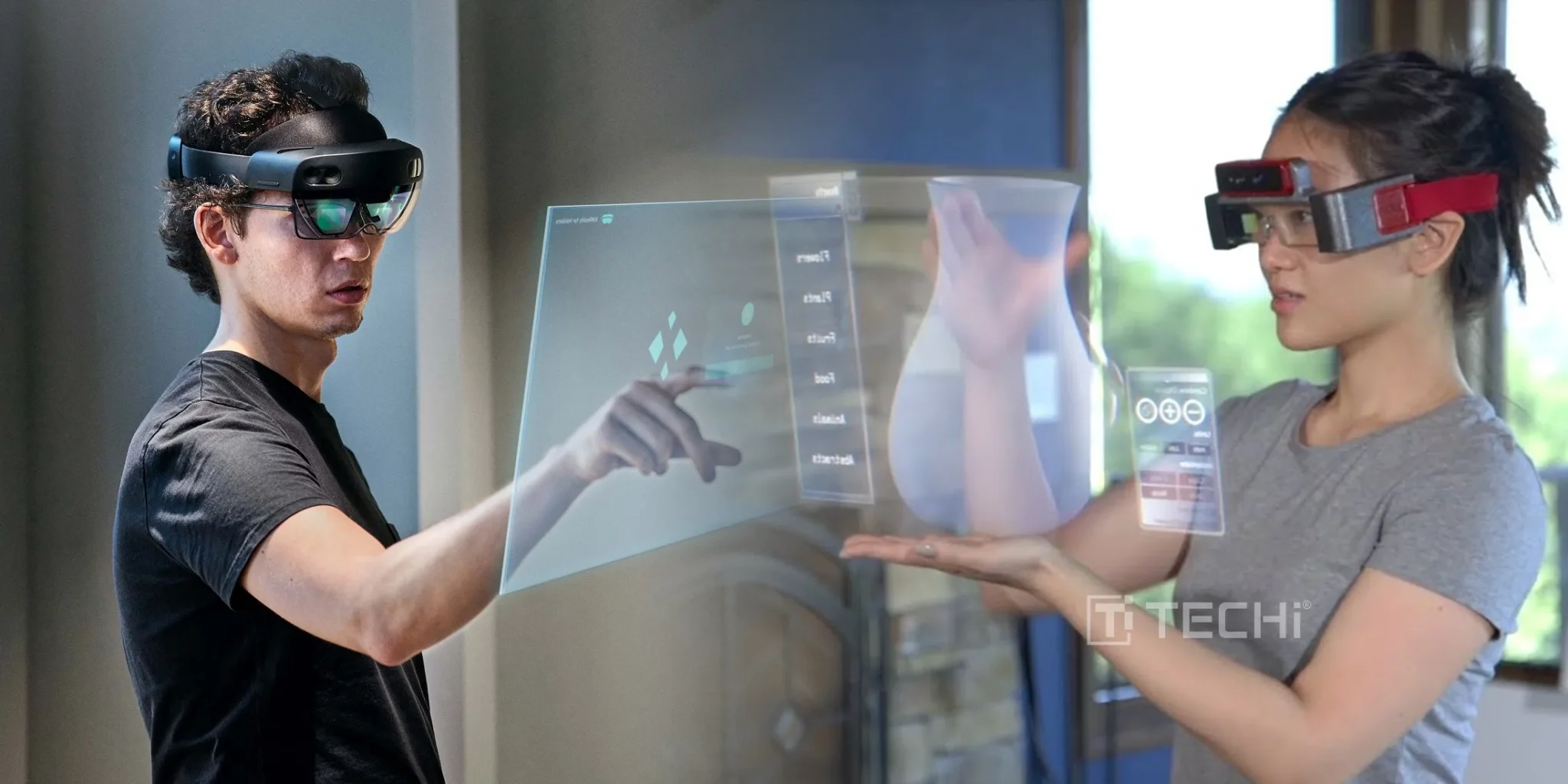Entertainment 2025: Virtual Reality, AI Stars & Fan Control
Entertainment in 2025 is transformed by VR experiences, AI-generated celebrities, and interactive content where fans play a bigger role in shaping the story.
In 2025, the entertainment industry is undergoing a major transformation. From how we watch movies to how we interact with our favorite artists, technology is at the center of it all. Virtual reality, artificial intelligence, and fan-based content are reshaping the way content is produced, distributed, and consumed. Amid this digital shift, lifestyle trends are evolving toomany individuals are turning to alternatives like Quit smoking with vaping as they embrace new habits that fit modern, tech-driven lives. Lets explore how the entertainment world is evolving with these innovations.

Rise of Virtual Reality Entertainment
Virtual reality (VR) is not just for gaming anymore. In 2025, VR is playing a growing role in movies, concerts, and even theme parks. VR headsets have become lighter, more affordable, and easier to use, bringing immersive experiences to more people than ever before.
-
VR Concerts: Artists now perform in fully digital venues where fans from around the world can attend using a headset.
-
Immersive Films: Some movies are made entirely in VR format, allowing viewers to experience the story as if they are part of the scene.
-
VR Theme Parks: Digital environments recreate thrilling rides and fantasy settings that users can explore at home.
-
Home Integration: VR is being incorporated into smart homes for daily entertainment, including workouts, social hangouts, and storytelling.
The growing use of VR is creating new roles for creators, producers, and performers, opening a wide range of opportunities in the entertainment sector.
AI-Powered Celebrities and Digital Performers
Artificial intelligence is redefining the concept of celebrity. In 2025, AI-generated entertainersalso known as "AI stars"have become a central part of the entertainment ecosystem. These digital personas are being used across films, music, and social media platforms.
-
AI Musicians: Fully digital artists are releasing songs, generating lyrics, and even performing live through virtual setups.
-
Film Roles: AI-generated actors are starring in animated and hybrid films, reducing production costs and simplifying post-production work.
-
Social Influencers: Brands and companies are using AI-driven influencers to promote products with precision targeting and 24/7 availability.
-
Multilingual Talent: AI stars can perform in multiple languages, allowing global reach and personalized fan interactions.
These AI entertainers are built using deep learning and natural language processing, making them more responsive and lifelike. While they don't replace human artists, they are adding a new layer to creative storytelling.
Fan-Driven Content & Interactive Platforms
One of the most exciting developments in 2025 is how fans are being empowered to shape content directly. Thanks to real-time feedback tools and participatory platforms, entertainment is becoming more interactive than ever.
-
Fan Polls: Platforms allow fans to vote on plot developments, casting choices, and even musical elements.
-
Live Feedback Shows: Producers now monitor viewer input during live streams to tweak content in real-time.
-
Community Writers Rooms: Some series open their writing process to select fans who help create scripts, character arcs, and dialogue.
-
User-Created Characters: In gaming and animation, users can design characters that are integrated into official releases.
This rise in fan control has given audiences a stronger voice in entertainment creation. It builds stronger loyalty, keeps fans engaged longer, and provides creators with data-driven insights.
Streaming Evolution and Short-Form Content
Streaming services continue to evolve, with 2025 seeing major shifts in platform offerings and viewing formats. While long-form content like movies and series still dominates, short-form videos are rapidly becoming the norm for younger audiences.
-
Bite-Sized Entertainment: Platforms like TikTok and Instagram Reels continue to grow, but newer players are introducing advanced features like real-time editing and AI tagging.
-
Interactive Series: Choose-your-own-adventure formats have evolved, with branching narratives and customizable storylines.
-
Global Subscriptions: One-click global content subscriptions allow users to access movies and shows from different countries without language barriers.
-
Smart Recommendations: AI-based content engines offer hyper-personalized suggestions based on mood, activity, and even voice input.
Streaming technology is also improving accessibility with better subtitles, dubbing, and device compatibilitymaking entertainment more inclusive across age groups and regions.
Smart Devices, Wearables & AR Blending
The blend of augmented reality (AR) with wearables is enhancing entertainment across various platforms. AR glasses and smart devices are giving users more than just screen-based engagement.
-
AR Glasses: Lightweight and stylish glasses now allow people to see digital overlays during live concerts or public events.
-
Wearable Tech: Smartbands and vests enhance gaming with vibration feedback and health tracking, merging entertainment with wellness.
-
Interactive AR Ads: Brands use AR to create fun, gamified ad experiences that entertain while promoting.
-
Portable Projection: Devices that project interactive content on any surface are making shared entertainment more convenient.
These tools are particularly useful for on-the-go audiences who want immersive content without sitting down in front of a traditional screen.
Ethical AI, Data Use & Creative Ownership
With more AI and fan interaction, concerns about privacy and creative rights have emerged, but 2025 is also seeing responsible innovation. Companies are building transparent frameworks for ethical AI use.
-
Creator Royalties: New systems ensure fair compensation for writers, artists, and performerseven when their likeness is used digitally.
-
Data Protection: Entertainment platforms are introducing advanced security layers to protect user data and content preferences.
-
Open AI Standards: Some firms are collaborating to set standards that prevent AI abuse and promote open-source development.
-
Human + AI Teams: Instead of replacing people, AI tools are being used alongside human creators to boost productivity and creativity.
This balance between technology and ethics is critical for sustainable growth in entertainment.
Final Thoughts
The entertainment landscape of 2025 is fast, creative, and powered by smart technology. Virtual reality and AI are creating new types of experiences, while fans now have more say than ever before. With wearables and immersive tools, users aren't just viewersthey're part of the story. Lifestyle changes also mirror this digital movement. Many are embracing better choices in their personal routines, just as they are in media consumption. Thats why people are exploring options like best vape flavors, seeking smoother alternatives while engaging with the world around them in healthier, tech-friendly ways.
Entertainment today is about choice, interaction, and innovationand the best part is, were only getting started.




































